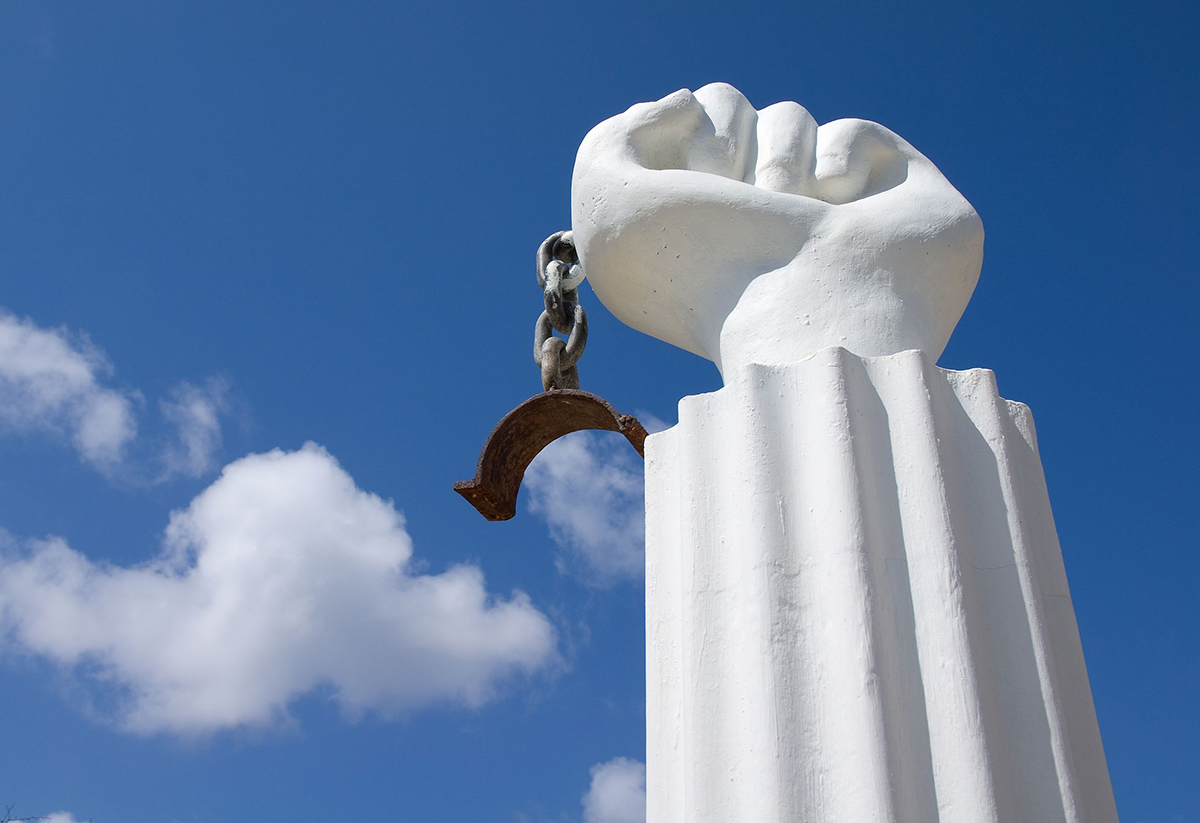The Dutch played a significant role in the transatlantic slave trade, which involved the capture, transportation, and exploitation of millions of Africans as enslaved laborers in the Americas and other parts of the world. The Dutch involvement in the slave trade began in the early 17th century when the Dutch East India Company (Vereenigde Oostindische Compagnie or VOC) was established in 1602. Initially, the Dutch primarily focused on trade in spices, textiles, and other commodities from the East Indies (present-day Indonesia) and Asia.
However, as other European powers engaged in the transatlantic slave trade to exploit the vast resources of the Americas, the Dutch also entered this lucrative market. The Dutch West India Company (West-Indische Compagnie or WIC) was formed in 1621 to oversee Dutch colonial activities in the Americas, including the slave trade.
The Dutch operated triangular trade routes between Europe, Africa, and the Americas. Ships from the Netherlands would sail to Africa, where they would exchange European goods such as textiles, guns, and alcohol for enslaved Africans captured inland by African slave traders or through raids. These enslaved Africans were then transported across the Atlantic Ocean to the Americas, where they were sold to work on sugar, coffee, tobacco, and other plantations.

The Dutch were heavily involved in the Caribbean slave trade, with colonies in places such as Suriname, Curaçao, Aruba, and St. Eustatius, among others. The most prominent Dutch colony involved in the slave trade was Suriname, where vast plantations were established, particularly for sugar production.
It is estimated that the Dutch were responsible for transporting hundreds of thousands of Africans to the Americas as part of the transatlantic slave trade. The conditions during the Middle Passage, the journey across the Atlantic, were horrendous, with enslaved Africans subjected to overcrowded and unsanitary conditions, disease, malnutrition, and brutality.
The Dutch involvement in the transatlantic slave trade continued until the early 19th century when international pressures, the growth of anti-slavery movements, and changes in economic dynamics led to the abolition of the slave trade. In 1814, the Netherlands formally abolished the transatlantic slave trade.
Like in other regions, the legacy of Dutch involvement in the slave trade continues to have profound effects on the Caribbean and other parts of the world where enslaved Africans were taken. The impact is seen in cultural influences, demographics, and social structures, making it essential to recognize this history and its lasting repercussions.

